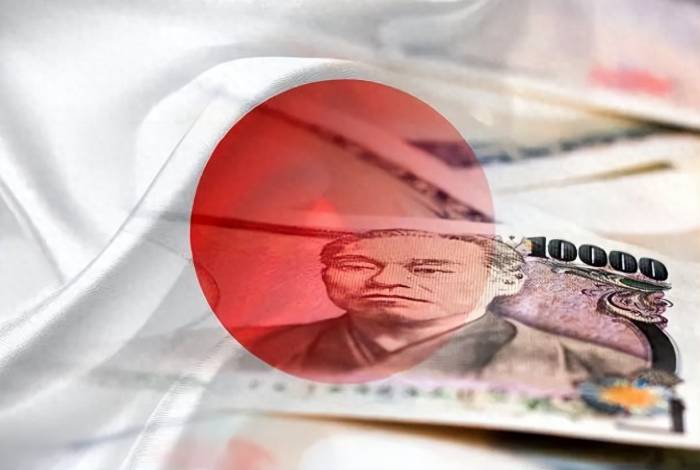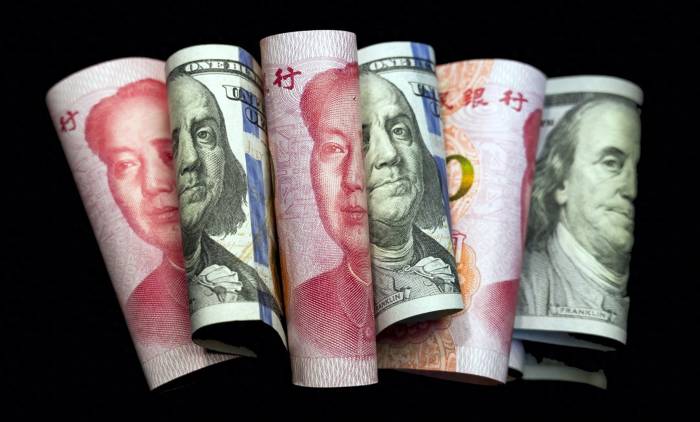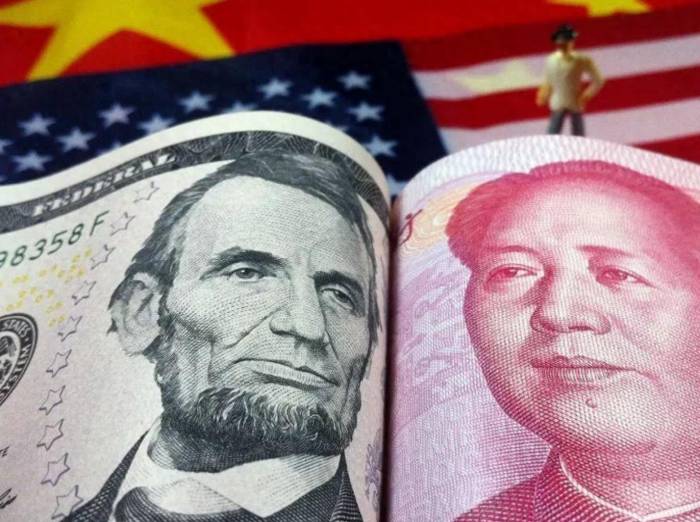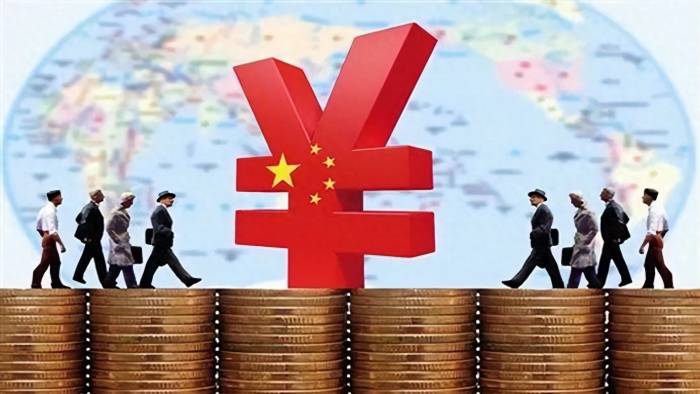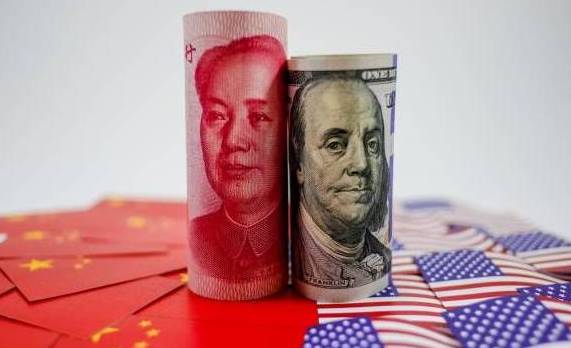Navigating the treacherous waters of international politics can often lead to unexpected consequences—especially for countries like Japan, who sit as a staunch ally of the United States. Historically, the relationship between Japan and the U.S. has been complicated but generally viewed as beneficial for both parties. However, recent developments suggest that this alliance may come with a hefty price tag—one that Japan may not be willing to pay.
Japan has, for years, endeavored to align itself closely with American interests. From aiding in military endeavors in Asia to complying with U.S. economic sanctions, the nation's commitment to its alliance goes beyond mere rhetoric. Yet the current economic climate presents a new set of challenges that have left many economists and policymakers questioning the viability of this partnership. As Japan’s currency, the yen, recently fell to alarming lows—breaking the critical threshold of 160 against the dollar—many are left wondering: is being an ally to the United States becoming detrimental for Japan?
The critical juncture was not just the drop in the yen's value but the broader implications it holds. Japan had previously attempted to safeguard its economy by utilizing a colossal $90 trillion yen stimulus package. However, this move only quelled market panic temporarily—not a permanent solution. The yen was soon back at risk of surpassing 160 against the dollar, indicating systemic vulnerabilities that the Japanese economy had failed to address.
Economic observers quickly pointed out that the recent weakening was exacerbated by external pressures. The United States, ever the watchful ally (or perhaps puppet master), has begun laying down ultimatums, effectively placing Japan on a watchlist of currency manipulation suspects. This label not only complicates Japan's financial maneuvers but also serves as a warning: tread carefully, or risk severe economic consequences.
The ramifications of such economic interactions cannot be understated. Previous efforts by the Japanese government to intervene in currency markets—to protect the yen—have already come at a steep price, including a significant sell-off of U.S. Treasury bonds to shore up its own currency. The delicate balance Japan has sought to maintain now appears threatened, and it is unclear if further intervention is a viable option without exacerbating tensions with the U.S.
Moreover, the implications of U.S. monetary policy loom large. It seems that the U.S. is increasingly ambivalent about Japan’s economic stability—perhaps viewing its ally more as an expendable asset in the grander game of global finance. With pressures building, the question arises: will Japan continue to make sacrifices for a trusted ally, or will it reconsider how it navigates its economic future?
As the crisis unfolds, historians and experts are quickly drawing parallels with past U.S. foreign policy maneuvers. Nations that once relied heavily on American backing are now grappling with the consequences of blind allegiance. Today's situation has drawn attention to America's tendency to leverage the resources and economies of its allies in the face of broader geopolitical tensions, particularly with China. This has led to heated debates about global economic stability and the feasibility of universal monetary policies in the face of national interests.
To understand the gravity of Japan's challenges, it's essential to recognize the extent of its economic dependencies. As the third-largest economy globally, Japan's wealth has significant implications on both regional and global scales. Nonetheless, its aging population, coupled with mountainous public debt levels, adds complexity to survival strategies that hinge on U.S. economic policies.
Additionally, Japan’s recent dive into interest rate adjustments—albeit modest—came as a surprise to many global economists. This shift from negative to positive interest rates amid a broad environment of economic easing revealed Japan's effort to reinvigorate its own economy. Yet, this is a double-edged sword—higher rates could potentially lead to a bubble that may burst due to external shocks, consequently affecting its currency and economic position.
While the United States seems intent on propping up its own financial markets and debts through increased rates, some analysts caution that this strategy could unravel Japan’s economic underpinnings. In essence, the irony is that the ally may protect the U.S. interests only to find itself jeopardized in the process. The central question remains—will Japan, historically robust in economic prowess, navigate out of this precarious situation without incurring irreversibly damaging losses?
The systematic dismantling of Japan's economic leverage against the backdrop of U.S. foreign policy may signal troubling times ahead. The nation's dependency on foreign oil and its resultant trade imbalances only exacerbate this situation. It is widely held that U.S. policies designed to financially corner Japan could result in energy costs spiraling further upwards, forcing Japanese consumers and businesses alike to bear the brunt of this economic misalignment.
One could argue that while Japan is ensnared between the proverbial rock and hard place, its navigating skills among global giants may be severely tested. As financial stratagems play out on a global chessboard, Japan must look beyond immediate allegiances and strategize effectively against circumstantial threats to its economic independence. Will it sacrifice its wealth to maintain an ally, or will it leverage its substantial foreign reserves in a bid for a more self-reliant future?
The current climate calls for caution—the specter of previous economic crises looms in the background, reminding nations that reliance on others can often lead to destructive outcomes. Integrating lessons from history, Japan may need to rethink its loyalties and economic strategies if it intends to preserve its integrity in today's volatile world. One thing appears certain: a storm is brewing that requires tenacity, foresight, and a nimble approach to ensure survival in the evolving geopolitical landscape.
